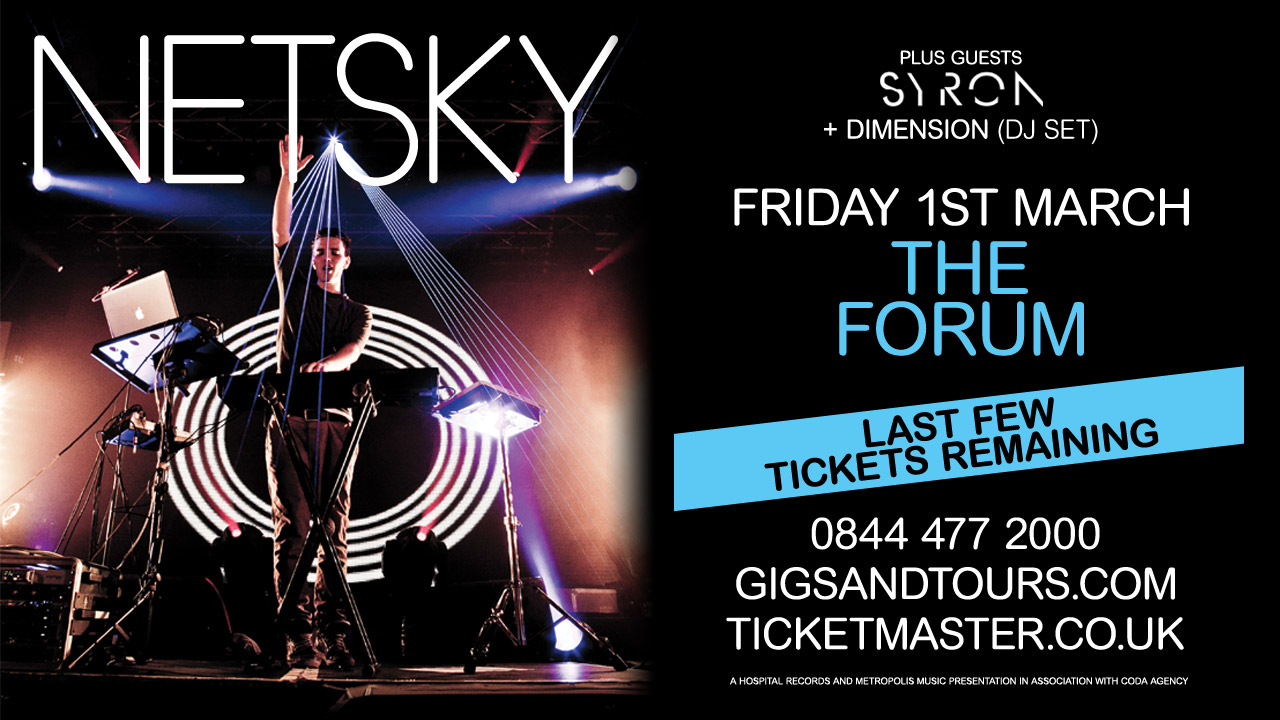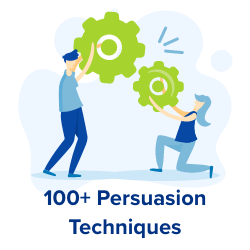3 Ways To BOOST Your Sales With FOMO Marketing (By CRO Experts)
In psychological terms, FOMO (Fear of Missing Out) describes the anxiety we feel when we are excluded from a social occasion, new experience or important event. Researchers have become more aware of the phenomenon following the introduction and spread of social media. However, the effect is not a modern invention; FOMO marketing has often been used to promote things like fashion and entertainment.
Businesses have tried to use FOMO marketing strategies throughout the digital era. Excess demand increases the value of your products and can be a valuable source of publicity. This article shows you how to boost your sales instantly by using the “Fear Of Missing Out”.

3 Ways To BOOST Your Sales With FOMO Marketing
How To Create “Fear of Missing Out”
- Step 1: Build a FOMO-Marketing Calendar
- Step 2: Un-Hide Your Stockroom
- Step 3: Unleash Your Invisible Army
Marketing Beyond The Chicken/Egg Paradox
Some things are so desirable that their price becomes irrelevant. Concert tickets can be in such demand that they sell out in moments. New tech releases often inspire devotees to camp outside stores so that they don’t miss out. In both cases, highly-skilled FOMO marketing is responsible for bizarre consumer behaviour.
What Is FOMO Marketing?
FOMO Marketing is about making consumers work for your offerings. Get it right, and people will go to huge lengths not to miss out. That requires three essential components:
- An amazing product
- Excess demand
- An urgency trigger (eg. a timer or limited stock)
When combined, these factors create an irresistible effect. The secret behind this cocktail is that each of the ingredients has been carefully crafted.

In this digital graphic, the slanting banner reading “Last Few Tickets Remaining” imitates an update on a theatre poster.
In his Oversubscribed, Daniel Priestley describes how “Signalling” (announcing a process in advance and inviting expressions of interest) can be used to increase demand and ensure a product or service is not oversold.
How To Create “Fear of Missing Out”
Your development team are the ones responsible for making sure people want what you are offering. The rest is down to the way you communicate and how you approach the market. By following 3 simple steps, you can transform lukewarm demand into feverish desire.

Step 1: Build Your FOMO Marketing Calendar
One of the mistakes marketers often make is to try to promote their products. Sounds strange? Here’s what I mean…
Telling someone how great your products are has limitations. Why would they believe you? When someone feels that you are trying to persuade them, they experience Psychological Reactance. This undermines everything you say.
Instead, you should build your marketing around specific events. That’s why calendars and launch schedules are so important. Events such release dates, brand launches or discount sales, allow you to display your products without being transparent.
Using a marketing calendar has one other big advantage: it creates urgency triggers…
FOMO Marketing at Glastonbury Festival
If you want tickets to Glastonbury, money is not enough; you have to be prepared to work for them. Over 300,000 people apply for tickets each year, and roughly half of these manage to buy them. The application process is stressful and expensive, and it takes place before the line-up is even announced. The result of all this fuss? Demand for tickets increases every year.

Step 2. Un-Hide Your Stockroom
Shop owners often separate their front-of-house displays from the reality of the stockroom. Moving from storage to shop-floor is when a product reaches its highest value. However, as retail has migrated online, the front-of-house/backroom divide has begun to disappear. One reason for this is the powerful effect of scarcity.
E-Commerce giants like Amazon and Booking.com were among the first to take advantage of the effect that scarcity has on consumer choices. By displaying limited stock notices, website designers achieve important effects:
- The value of the scarce commodity is increased
- Consumers take action due to the fear of missing out
- Consumers think intuitively, rather than systematically.
So, how can you take advantage of this effect to increase demand for your products?
- Limit the supply of your most popular products. This FOMO marketing strategy motivates customers and helps to generate “sold out” publicity.
- Communicate the scarcity of your products. This can be achieved with dynamic text replacement, linked to a stockroom database, or through website notifications that deliver persuasive messages.
Step 3. Unleash Your Invisible Army
Membership of social groups is a significant factor in consumer behaviour. Not only does group influence enhance your appeal through the mechanism of Social Proof, it intensifies the Fear of Missing Out.
Because of these effects, it is important to make your current users visible to potential customers. By highlighting the association between your store and the social groups to which potential customers belong, you can supercharge the “Fear of Missing Out”. This aspect of your FOMO marketing can be engineered in several ways:
- Performing customer research and segmenting your users
- Displaying customer testimonials selectively
- Fostering a user community and encouraging brand participation
- Timing your urgency triggers to target customer segments
- Using endorsements, influencers and micro-influencers to establish a brand identity
- Displaying on-site activity in realtime with a Social Proof app

Marketing Beyond the Chicken and the Egg
Any challenger brand or start-up faces the same problem: how do you leverage scarcity and social influence when no-one knows who you are? This is a chicken-and-egg problem that marketers know all too well.
Whilst it may seem like FOMO marketing doesn’t suit smaller businesses, there are things that make it ideal for upstart enterprise.
- Every new milestone is a great chance to communicate your roadmap. Why not incorporate updates into the marketing calendar that you use?
- The exclusivity of your offerings, and the scarcity of your products, is more plausible in the growth phase than it will be at any other time.
- Social groups identify more closely with smaller brands. If you are building a user community, smallness is an asset.





Great tips in this article! As the marketing manager for a small theatre company, it’s nice to see so many actionable suggestions for my niche industry needs – especially the s/o to upstarts at the end 🙂